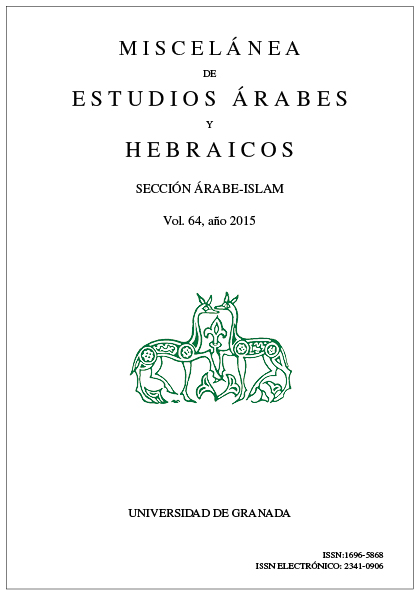Moving from the struggle between national historiographies towards the bridge-narrative: the case of Palestine/Israel
Keywords:
History, Palestine, Israel, Nationalism, Reconciliation, Bridge-narrativeAbstract
Every nationalist movement needs the creation of a collective identity shared by the interested human group. History is one of the main tools in this process. In Palestine/Israel the historical narrative become another battlefield where the communities involved in the conflict fought in order to exclude one another from their own history. We will analyses the official historical narratives from both sides highlighting their limits, and secondly the “bridge-narrative”, an intellectual tool coined by two historians coming from the two embatt- led communities in order to go beyond the exclusive approach that dominated the debate so far.
Downloads
Downloads
Published
How to Cite
Issue
Section
License
The authors publishing their work in this journal agree to the following terms and conditions:
1. The authors retain the copyright and give the journal the right to be the first publication of the work and also to be licensee under a Creative Commons Attribution License which allows others to share the work, provided the author of the work and the initial publication in this journal are acknowledged.
2. Authors may make additional agreements separately for the non-exclusive distribution of the version of the work published in the journal (for example, putting it in an institutional repository or publishing it in a book), with acknowledgement of its initial publication in this journal.
3. Authors are allowed and encouraged to electronically disseminate (for example, in institutional repositories or on their own web page) the published version of their works (publisher's post-print version) or, if not possible, the author's reviewed and accepted post-print version. This is to facilitate productive exchanges, and allow for earlier and greater citation by third parties of the published works (See The Effect of Open Access).
4. The journal accepts no responsibility for the opinions expressed by the authors.















